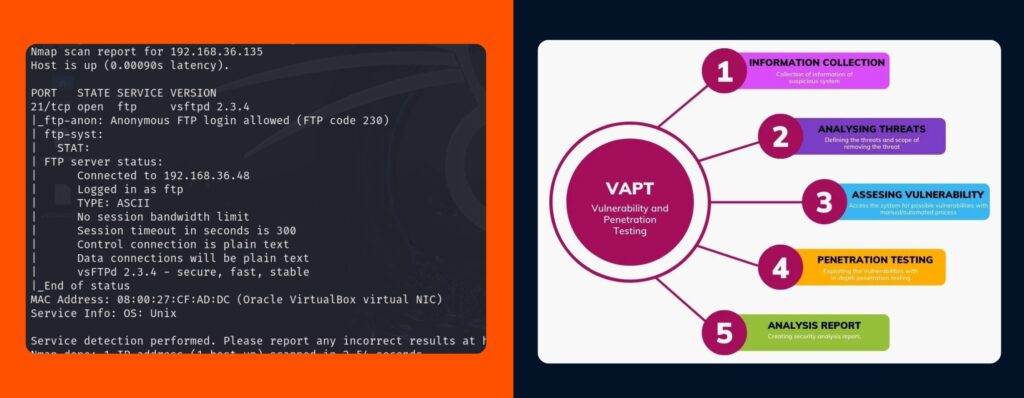In today's digital landscape, e-commerce has actually ended up being an essential part of how businesses run and engage with consumers. Whether you're a start-up wanting to make your mark or an established brand name looking for to optimize your online existence, selecting the best e-commerce platform can considerably affect your success. This post delves into the complexities of e-commerce platforms, assisting you understand what to try to find and how to select the best suitable for your business.
What is an E-Commerce Platform?
An e-commerce platform is a software application that enables companies to manage their online sales processes. From listing products and processing payments to handling inventory and satisfying orders, these platforms assist in numerous functions that are vital for running an online shop effectively.
Key Functions of E-Commerce Platforms
When thinking about e-commerce advancement, it's necessary to know what functions are typically included in these platforms. Here's a breakdown:

- Product Management: Easily include, customize, or erase products. Shopping Cart: An easy to use interface for consumers to choose products. Payment Processing: Secure entrances for transactions. Inventory Management: Track stock levels in real-time. Analytics Tools: Insights on client behavior and sales performance.
Understanding E-Commerce Platforms: Selecting the Right Suitable For Your Business
Choosing the best e-commerce platform involves examining numerous aspects such as scalability, ease of usage, personalization options, and prices. Various organizations have special needs; therefore, there isn't a one-size-fits-all solution.
Types of E-Commerce Platforms
Hosted Platforms- These platforms deal with hosting and security concerns. Users pay a month-to-month fee however have less control over customizations. Examples: Shopify, BigCommerce
- Offer higher versatility and control but need technical knowledge for setup and maintenance. Examples: WooCommerce (for WordPress), Magento
- Provide complete flexibility for designers but featured greater upfront expenses due to hosting and development services required. Example: PrestaShop
- Tailored for bigger businesses with innovative needs, using thorough performances at a higher cost point. Example: Salesforce Commerce Cloud
Considerations When Choosing an E-Commerce Platform
1. Scalability
As your business grows, so will your e-commerce requirements. Pick a platform that can scale with you without needing a complete overhaul.
2. User Experience
The design and layout of your online store must use smooth navigation and quick load times. Engaging website design & & advancement services can improve user experience significantly.
3. SEO Capabilities
A platform that supports SEO finest practices can assist enhance your exposure in online search engine-- a necessity in today's competitive landscape.
4. Payment Options
Ensure the platform supports multiple payment gateways like PayPal, Stripe, and credit card processing to deal with varied customer preferences.
Digital Marketing Company Methods for E-Commerce Success
Engaging a digital marketing firm can considerably enhance your online presence as you established your e-commerce site.
Effective Digital Marketing Tactics
1. Material Marketing
Creating valuable material helps draw in possible consumers through blogs, videos, or infographics relevant to your market or products.
2. Email Marketing
Regular newsletters can keep customers informed about brand-new arrivals or discounts while promoting loyalty through customized communication.
3. Social Media Advertising
Platforms like Facebook or Instagram allow targeted marketing that reaches particular demographics lined up with your market.
Web Development Solutions Impacting E-Commerce Growth
Investing in quality web advancement services is vital when developing an online store.
Elements of Reliable Web Development
Responsive Design- Ensures that users on any device have a pleasant browsing experience.
- Optimizes efficiency; sluggish sites frequently lose possible clients due to impatience.
- SSL certificates and secure payment gateways secure customer information from breaches-- important in building trust.
The Function of Website design & Advancement in E-Commerce Success
The aesthetics of an online shop directly influence customer understandings and conversion rates.
Best Practices in Website design & Development
- Use premium images Maintain constant branding throughout the site Ensure user-friendly navigation Implement clear Call-to-Actions (CTAs)
SEO Services Tailored for E-Commerce Businesses
Search Engine Optimization (SEO) plays a crucial role in driving natural traffic to your e-commerce site.

Key SEO Strategies for E-Commerce Sites
Keyword Research- Identify keywords pertinent to your items using tools like Google Keyword Organizer or SEMrush.
- Optimize item descriptions with appropriate keywords while guaranteeing they remain engaging and informative.
- Collaborate with influencers or blog writers within your specific niche who can promote your items through backlinks-- boosting authority in search engines.
E-Commerce Advancement Trends You Required To Know
Staying upgraded on trends can offer insights into future-proofing your e-commerce strategy:
1. Mobile Commerce
With more consumers making purchases by means of mobile phones than ever before, optimizing mobile experiences is key.
2. Voice Browse Optimization
More individuals are using voice assistants; making sure that product descriptions address typical inquiries can improve presence through voice search results.
3. Enhanced Truth (AR)
Allowing consumers to picture items before https://waylonpvqx003.image-perth.org/elevate-your-website-with-expert-web-design-development-solutions purchase enhances self-confidence-- particularly prevalent in style or home decoration industries.

FAQs About Understanding E-Commerce Platforms
What is the best e-commerce platform for little businesses?
While it depends upon specific requirements, Shopify is often lauded for its ease of usage and robust features customized towards small companies simply starting out.
How do I understand if my picked platform is scalable?
Look at case studies or testimonials from similar-sized business that have effectively grown utilizing that platform.
Can I switch platforms after my shop goes live?
Yes! Nevertheless, it might require substantial effort depending on information migration complexities.
Are hosted solutions much better than self-hosted solutions?
Hosted options normally provide simpler setups however less customization compared to self-hosted options.
What payment techniques ought to I use on my site?
Offering numerous alternatives-- consisting of credit cards, PayPal, Apple Pay-- can deal with different customer preferences.
How essential is consumer support from my platform provider?
Extremely important! Efficient support can conserve you time during troubleshooting concerns as they arise.
Conclusion
Navigating through various e-commerce platforms might seem daunting initially glimpse; nevertheless, understanding what each deals allows you to make notified decisions customized towards meeting particular company requirements-- ultimately paving courses towards increased profitability!
Investing time into researching digital marketing techniques along with web design & & advancement will only boost chances further while leveraging SEO services makes sure long-term visibility across online search engine! By acknowledging present trends such as mobile commerce combination combined with AR innovation adoption; you're setting yourself up not just today however down the roadway too!
In summary-- selecting sensibly today shapes tomorrow's success story!